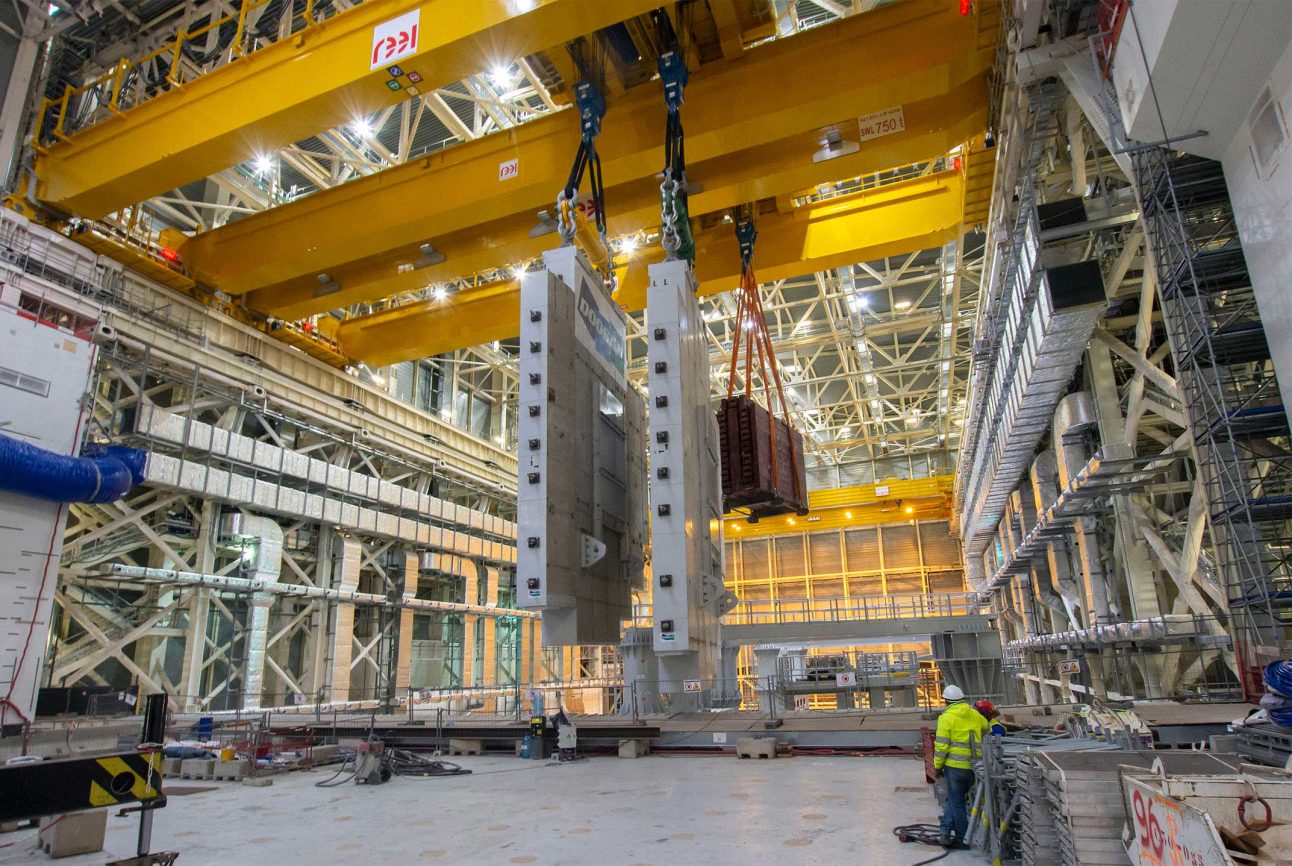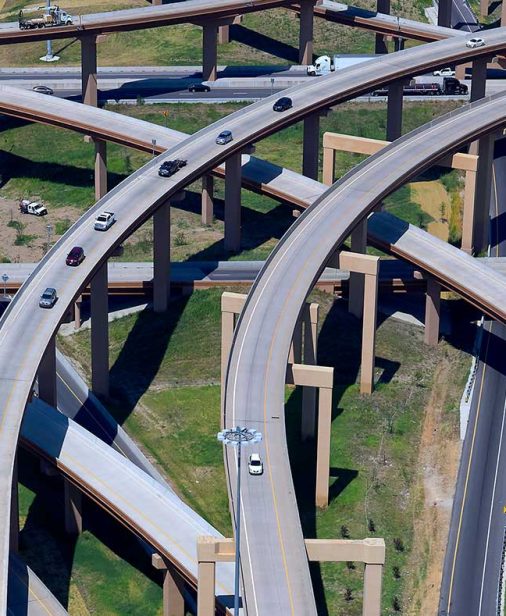Innovation: Always on the way
Innovation represents one of the key priorities for Horizon 24, the Ferrovial Strategic Plan 2022-2024. The company applies innovation criteria to offer customers and users products and services that guarantee a unique experience. These are some examples of Ferrovial’s state of the art categorized under 7 innovation dimensions. Let ́s go.
1.
Data Driven Management
Plans to improve the value of data and gain a complete view of customers, performance, efficiencies, etc.
Real-time Propensity Factor (Rtpf)
Machine Learning techniques to understand real drivers preferences and adjust managed lines tolls
Cost Projections
Web tool that incorporates AI in the calculation of the cost variation in the construction bidding processes
2.
Mobility
New technologies for adaptation and anticipation to the new complex mobility landscape
Ground Mobility for Air Services (GMAS)
Solution to facilitate spatial analysis, by blending and integrating geospatial data sources to support business processes
3.
Safety
Plans and technologies to improve the safety conditions of workers and users
IM-SAFE
New standard in monitoring of trends, challenges, best practices, and technology, for safety of transport infrastructures
4.
Automation
Application of robotics and new digital devices to promote a safer environment, improving productivity and efficiency
Parametric Tower Design
Module for the optimization of the design of electrical towers. It is based on the optimum geometry in the dimensioning of the metallic structure and the tower foundations
5.
Digitalization
To find out efficiencies in information transfer, delivery methodologies and digital solutions
Smartformwork
Development of a multi-sensor intelligent system (temperature and pressure) for formwork trolley which operates in tunnels
6.
Sustainability
Technologies that contribute to capture opportunities related to climate change and the circular economy
Objective ZERO
To provide sustainable electric energy to civil works from photovoltaic solar panels. The potential saving reaches a 90% of the electric cost
7.
Engineering
Identify new construction procedures and discover new materials
Apolodoro
Development of a sensor-based auscultation methodology to determine the stress effects in prestressed reinforced concrete bridges

